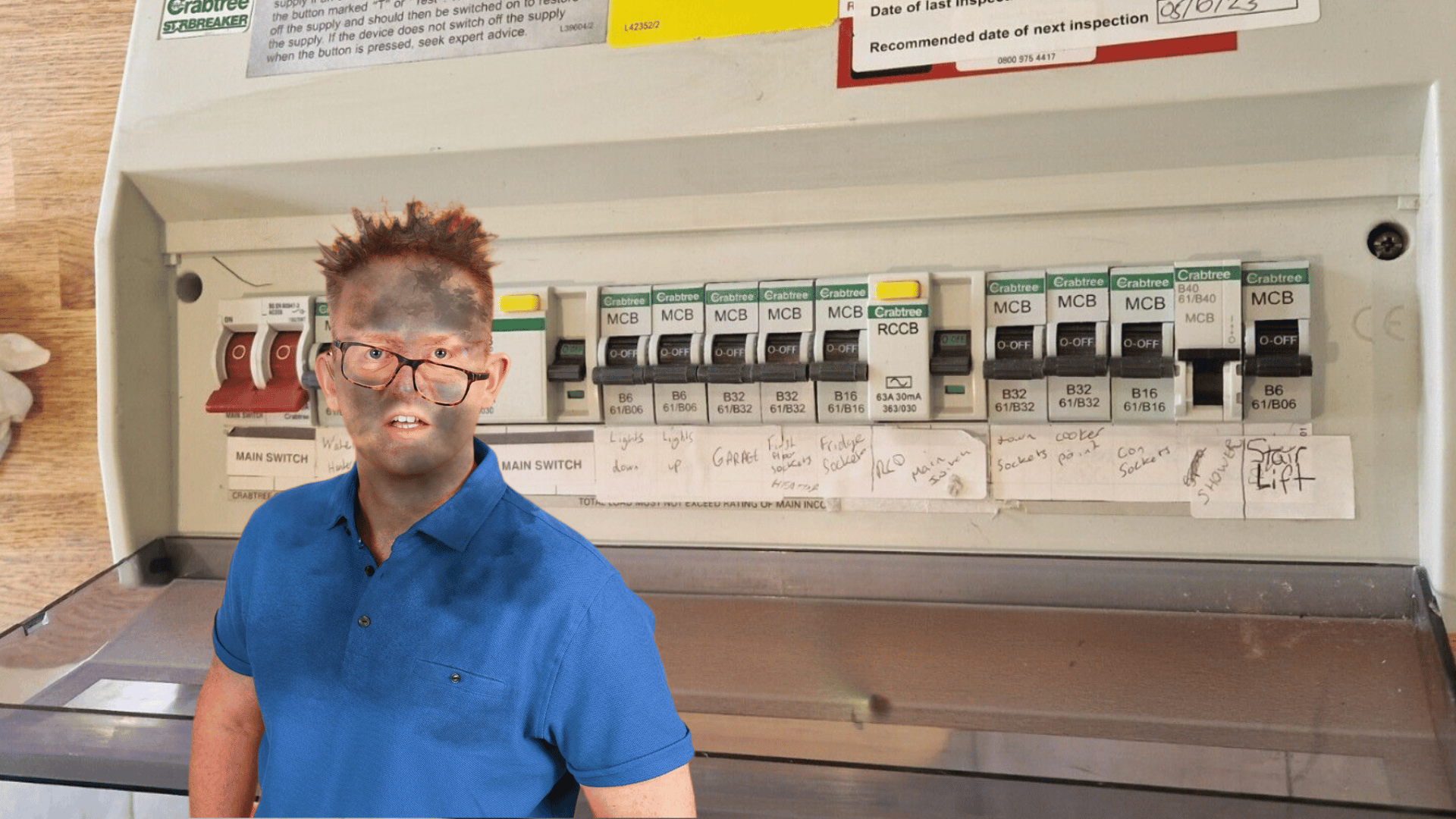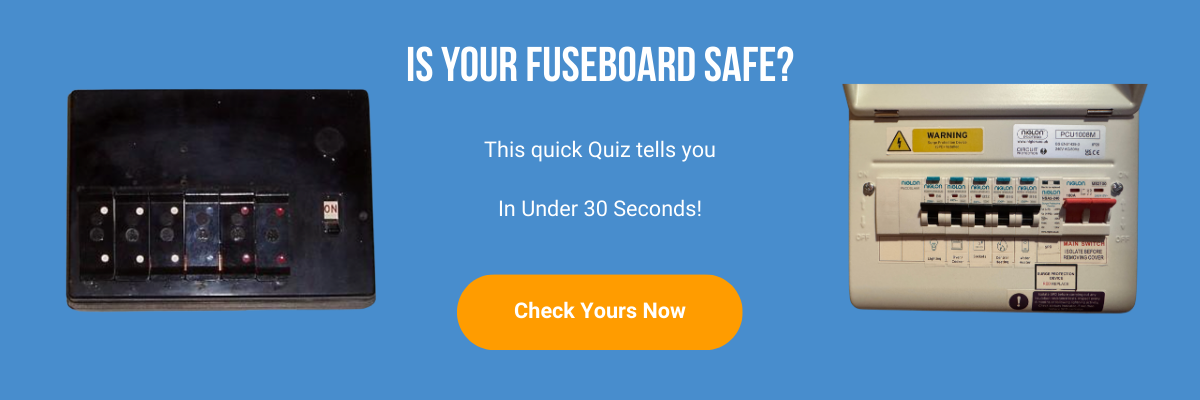Have you got a blown fuse that's left you scratching your head as to why it has happened? Maybe you're wondering, "what does a blown fuse look like in a house?"
A blown fuse can trigger a circuit breaker, which will knock out the power to a section of your home.
Getting to the bottom of the problem will help you get the power back on as soon as possible. If the task of identifying the cause of a blown fuse is daunting, read on to discover nine reasons that a fuse may blow.
What Does a Blown Fuse Look Like in a House?
Before we get to the root of the problem, it's important to know what a blown fuse looks like.
The most obvious sign of a blown fuse is charring on the fuse itself, but another sign is that you will likely lose power in some or all of your house. This is the circuit breaker doing its job, containing the fault and preventing it from affecting other circuits.
Now that you know what a blown fuse looks like let's take a look at nine possible blown fuse causes.
1. Overloaded Circuit
The most common cause of a blown fuse we see as experienced Electricians in Sheffield is when something draws too much power from the circuit. This is most often caused by either too many lights or from using too many plug-in appliances at once.
The biggest culprit for this kind of issue is a multiple outlet adapter plugged into a socket.
2. Circuit or Breaker Issues
Circuit breakers are there to prevent further electrical damage in the case of a blown fuse. But if the breaker continuously trips, this could indicate a problem.
3. A Short Circuit or Ground Fault
A short circuit, in simple terms, is when a current is diverted on a path it is not supposed to go down. A number of things can cause this, from damaged wiring and accessories to moisture and insects!
A ground fault is a type of short circuit where the current is redirected to the earth or ground (hence the name).
4. Arc Issues
If there are any problems with actual circuit connections, loose screws, or eroded wiring, this can cause an arc fault. These faults can be dangerous — they are the most common cause of electrical fires in the home. Note that if you need an Electrician in Sheffield to tackle this area, we now fit AFDDs to detect this. AFDDs or Arc Fault Detection Devices will detect a prolonged arcing fault and trip accordingly.
5. Damaged Wiring
This issue can be one that is difficult to spot due to the wiring being behind the walls. In the event of a blown fuse, the condition of the wiring may still be something you may not think to check. Check out this list of signs that there may be wiring problems in your home.
6. Damaged Electrical Outlets
If your electrical outlets are old, there is an increased chance of them having faulty wiring or loose connections. This can cause appliance fuses to blow if incorrect currents are reaching the plugs.
7. Wrong Type of Fuse
Although fuses all look very similar, there are, in fact, many different types and sizes. Having the wrong fuse can be dangerous and cause significant damage in your home — if you suspect there may be an incorrectly sized fuse, stay away from the fuse board and call a professional.
8. Moisture Buildup
If your home has issues with damp, or if any storm damage has been inflicted on your home, there is a chance that moisture has made its way into the wiring. This can cause erosion of wires, short circuits, and a multitude of issues.
9. Your Electricity Service Needs Upgrading
Since electricity is used infinitely more than it was even 50 years ago, older homes may not have the capacity to cope with the demand. Look into upgrading your electrical service if you find that fuses blowing is becoming more and more frequent. We are electricians in Sheffield who are specialists at examining such issues, this is done by carrying out an EICR (Electrical Installation Condition Report).
Safety First
The safety of yourself and your family are your top priorities, so it's best not to take any risks if you suspect that a blown fuse could indicate a bigger issue in your home.
If you want to know how to fix a blown fuse, a simple replacement will often be the solution. In the event of bigger issues, it's always best to seek professional help.
Now that you have the answer to the question "what does a blown fuse look like in a house?" you have the first step in identifying the issue with a faulty or broken appliance.
If you are unsure why you have a blown fuse or what may be causing your breaker to keep tripping, be sure to contact S Barker Electrical, expert Electricians in Sheffield and give us a call.
NEXT - HOW TO GET YOUR LIGHTS AND SOCKETS WORKING AGAIN AFTER A FAULT ...
Check this blog to show you EXACTLY how to recover safely if the electric trips during a fault!
This will give you a handy label to use and show you how to get some power on ...
















